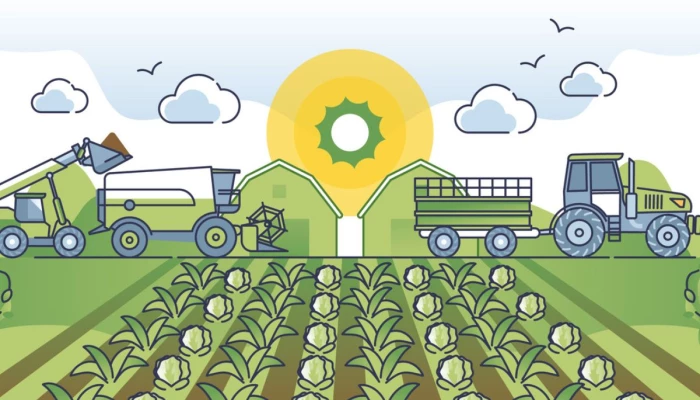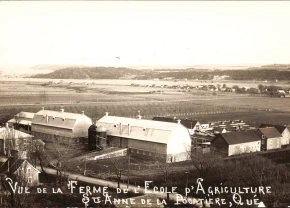Actualité
Actualité
Contenu en vedette
De grands enjeux internationaux, nationaux et locaux affectent l'agriculture d'ici, et votre ferme. Voyons comment les nouvelles agricoles vous concernent, vous et votre coopérative.
Lors du Sommet FAC de la relève, Jean-Philippe Gervais a fait part à l’auditoire de ses perspectives économiques 2026.
Pascal Thériault réagit aux coupes du gouvernement du Canada dans la recherche en agriculture.
Pascal Thériault fait un topo sur la productivité agricole mondiale et les raisons de son augmentation depuis 1961.
Dans le cadre du Plan d’agriculture durable, le ministère de l’Agriculture, des Pêcheries et de l’Alimentation du Québec lance un appel à projets.
Le séjour de Mark Carney en Chine marque une nouvelle ère pour les exportations agricoles canadiennes dont le canola et peut-être la viande porcine.











